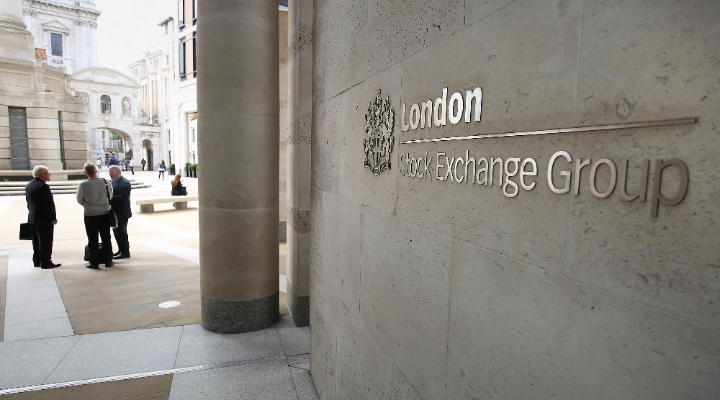Holly Black: Welcome to the Morningstar series, "Ask the Expert." I'm Holly Black. With me today is Annabel Brodie-Smith. She is Communications Director at the Association of Investment Companies.
Hello.
Annabel Brodie-Smith: Hello, Holly.
Black: So, we're talking all things investment trusts. I suppose we'll start with an obvious one. What is an investment trust?
Brodie-Smith: Well, investment trust is a company listed on the stock exchange like Marks & Spencer, for example. But unlike Marks & Spencer it invests in a range of different assets, companies and gives you a portfolio. So, it's a company that gives you a portfolio of investments, so you spread your investment risk. And it's managed by a professional fund manager.
Black: So, what is the difference between an open-ended fund and a closed-end investment trust?
Brodie-Smith: Right. Well, first off, an investment trust is listed on the stock exchange, funds are not. An investment trust, as you said, is closed-ended. That means there is a fixed number of shares in issue. So, you buy and sell your shares on the stock exchange. If you are buying the shares, someone else is selling. With an open-ended fund, that increases and decreases in size according to supply and demand. So, if lots of people are buying units in an open-ended fund, then it will be increasing in size. If lots of people are selling those units, it will be decreasing in size. Now, the fund manager has to manage those increases and decreases in size.
Black: So, funds and trusts, you can get one to do similar things. How do I choose if a trust or a fund is better for me?
Brodie-Smith: Well, you do have to do a research obviously. I have to say that if we look at the performance data, if over 10 years the average investment trust is up 237%, the average open-ended fund is up 143%. So, there is quite a big difference there. But also, you have to do your research. You have to look into both structures and be comfortable that you understand what you are investing in.
Black: Is there a type of asset or an area that investment trusts tend to work better for investing in?
Brodie-Smith: Yes. Well, I might argue – obviously, I'm from the Association of Investment Companies here – that it might be all of them actually, but in particular hard to sell assets. So, those are things like unquoted companies, property, infrastructure. The closed-ended structure is particularly suitable because the manager can take a long-term view. These are hard to sell assets. They take time to sell. Manager of an investment trust doesn't have to worry about that. He can live for the long-term, make sure his portfolio is performing for the long-term. In an open-ended fund, the manager is going to have to manage that money coming in and out of the fund. And if it's in a hard to sell asset like property, that can make life very difficult for them.
Black: And are there any areas where investment trusts perhaps aren't as strong?
Brodie-Smith: Well, we invest in debt and we tend to invest in illiquid forms of debts. But there are, for example, lot more bond funds. Also, in terms of trackers, if you want a tracker, you are going to have an open-ended fund or an ETF, an exchange-traded fund, but there aren't any investment trust trackers.
Black: I think one area of investment trust that does tend to be more popular is income. Why is that?
Brodie-Smith: Well, investment trusts have specific advantages when it comes to income. Open-ended funds, when they get money in from the companies they invest, have to distribute it all to their unitholders. Investment trusts, when the money comes in from the companies they invest in, they don't have to distribute it all. They can retain up to 15% every year, tuck it away for rainy day in the revenue reserve. And then, when times get tough – and in investment, the times are always going to get tough – so, say, the financial crisis and the banks cut their dividends or BP cuts its dividend because of oil spill, then they can go to that rainy day money and boost up their income to their shareholders. And this is why we have investment trusts. We have 21 investment trusts with a track record of raising their dividend every year for over 20 years. We actually have four companies who have raised their dividends every year for 52 years.
Black: That is long-term investing.
Brodie-Smith: That is long-term investing. But it's made them extremely popular, as you can imagine, in this time of low interest rates.
Black: Thank you so much for your time.
Brodie-Smith: You are very welcome.
Black: And thanks for joining us.





























